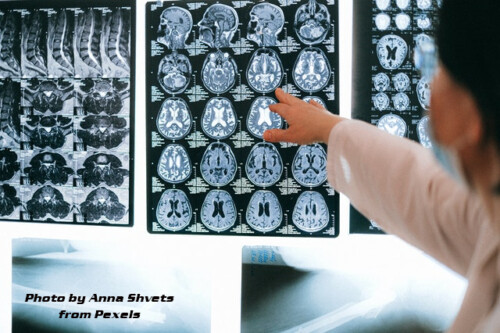Understanding the Disturbing Link: Exploring Mental Health Issues in Individuals Who Engage in Animal Cruelty from Childhood to Adulthood
By Editorial Team
The act of children torturing and killing small animals is a deeply concerning behavior that can have profound implications for mental health and future development. This article explores the various aspects of the mental health issues associated with individuals who engage in such cruelty, examining the progression of these behaviors from childhood into adulthood.
Childhood Behavior:
- Early Warning Signs:
- Children who engage in animal cruelty often exhibit early warning signs, such as a lack of empathy, cruelty to animals, and a disregard for the feelings of others.
- Bed-wetting, fire-setting, and consistent aggressive behavior may also be indicators of underlying psychological issues.
- Psychological Factors:
- Childhood trauma, exposure to violence, or neglect can contribute to the development of these behaviors.
- Conduct disorders, oppositional defiant disorders, or other mental health issues may be present.
Impact on Adolescent Mental Health:
- Continuation of Cruelty:
- Without intervention, the abusive behavior towards animals may persist into adolescence.
- Adolescents may escalate to more severe forms of violence and aggression.
- Risk of Mental Disorders:
- Individuals engaging in animal cruelty during adolescence may be at a higher risk of developing severe mental health disorders, including antisocial personality disorder and psychopathy.
Transition to Adulthood:
- Criminal Behavior:
- There is a strong correlation between animal cruelty in adolescence and criminal behavior in adulthood.
- Studies suggest a link between animal abuse and later violence against humans.
- Psychiatric Diagnoses:
- Individuals who tortured animals as children may receive psychiatric diagnoses in adulthood, such as conduct disorder, antisocial personality disorder, or other impulse control disorders.
Intervention and Treatment:
- Early Intervention:
- Identifying and addressing these behaviors early is crucial for preventing long-term consequences.
- Interventions may include counseling, therapy, and educational programs aimed at teaching empathy and appropriate social behaviors.
- Family and Community Support:
- Providing a supportive environment at home and within the community can play a pivotal role in redirecting destructive behaviors.
- Professional Therapy:
- Mental health professionals, including psychologists and psychiatrists, can offer specialized therapy to address the underlying issues contributing to animal cruelty.
Conclusion:
Understanding and addressing the mental health issues associated with children who torture and kill small animals is essential for breaking the cycle of violence. Early identification, intervention, and ongoing support are key components in mitigating the long-term impact on both the individual and society at large. By shedding light on these issues, we can work towards creating a more compassionate and mentally healthy future for individuals at risk of engaging in such disturbing behaviors.

